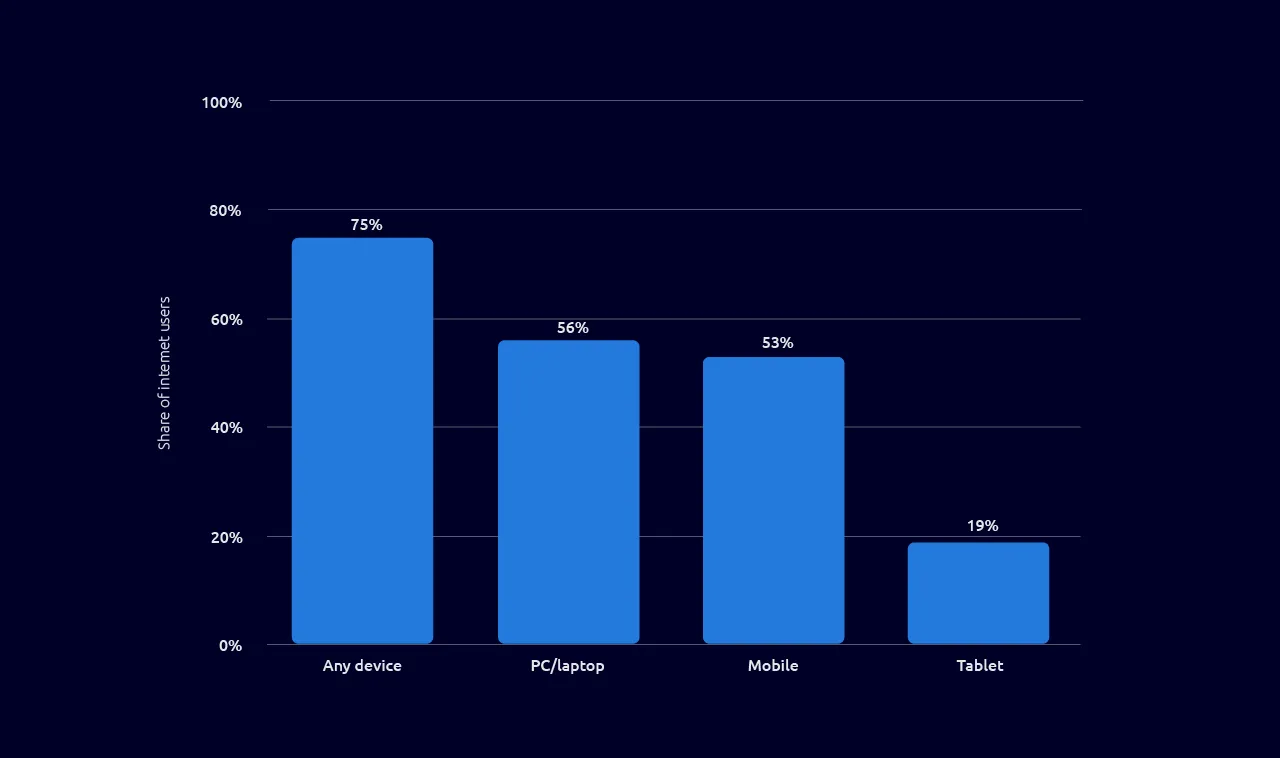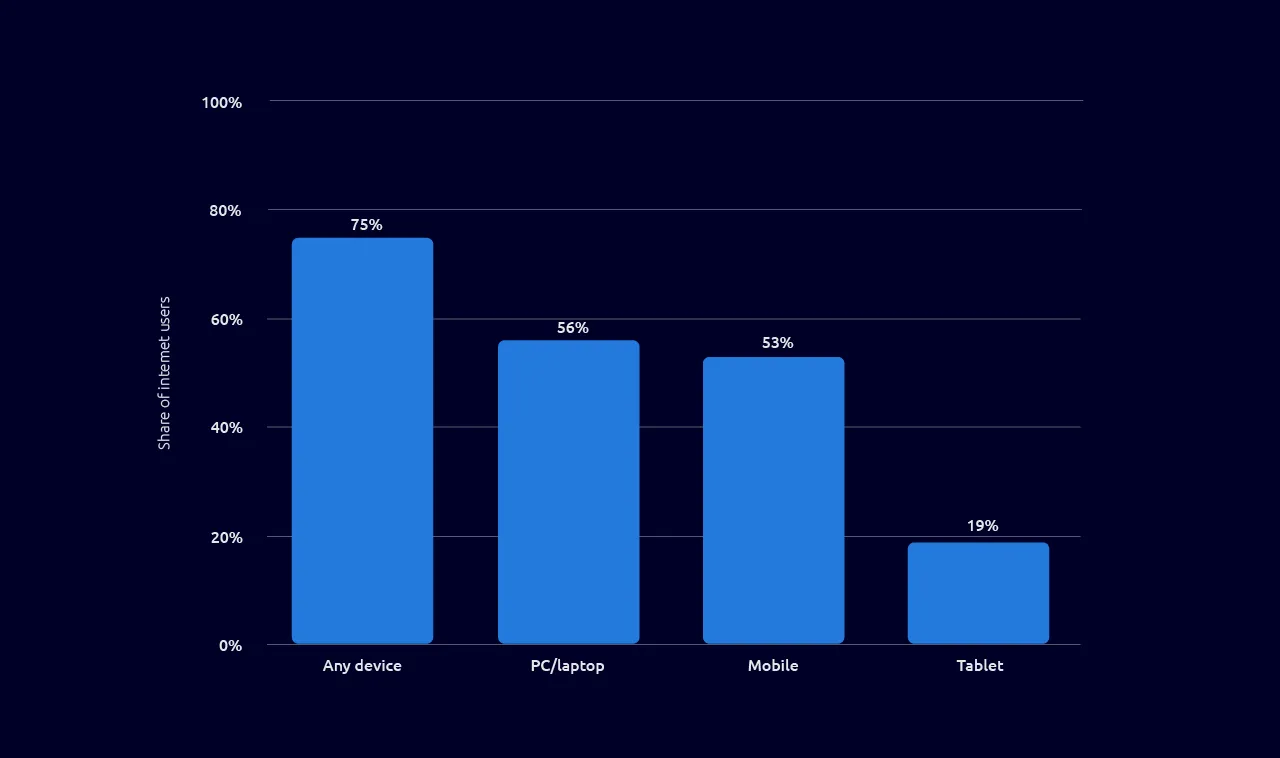2016 was a prolific year for enterprise mobile app development, and the market rose to as high as $48 billion, proving once again its massive economic potential. Global market research giant MarketsandMarkets™ has conducted an extensive analysis considering the mobile app market, and its results suggest a future improvement of the situation.
Here’s a sneak peek at the topics covered in the report:
- global use of mobile software;
- shares between operating systems;
- clients;
- size of organizations both hiring and providing the service
- application type;
- regions.
According to this forecast, the mobile app development market will reach $98 billion by the year 2021.
Such data is undoubtedly encouraging for those who build the custom mobile application, but it also means a better competitive environment with more skilled opponents and strict requirements from the clients who are already used to top-class services.
Clients need mobile apps development tools far more often now. Why is that?
The growing market means the right balance between supply and demand, with a high potential of enlarging the former. As business turns more towards digitization, a more significant need in the mobile app technology to complement the service is a no-brainer. But there is a more substantial spectrum of reasons that determine the interest of business owners and startups. Let's break those down.
Reaching customers anywhere, anytime
A quick example: two decades ago customers would have to attend offline classes to learn languages. Ten years ago they could do this at home, via the internet and their PC or laptop. Right now they can do this everywhere regardless of the time zone, schedule, and other aspects.
Learning a language is a single example, which, however, can be projected in any other industry. What took us tons of time and required personal presence to do, now can be done anywhere, anytime. And mobility ensured by smartphones and applications is the main reason for that.
Better customer retention
Mobile app integration allows funneling the target audience into the needed direction and, unlike a traditional website, the app stays on the user's phone and is ready to boost the engagement via push notifications, the content of the enterprise app, or other methods, based on the niche.
Additional income
Smaller companies and startups consider all ways of making profits and the enterprise app is not the worst way to do this. Using third-party advertisement services allows adding clickable ads to any part of the mobile application and earn extra money after the traffic becomes decent enough.
Though only a consequence of having a built mobile app, this factor may also persuade clients of its importance.
Rise of mobile market share
62% of smartphone users have bought something online using their devices in 2015, and the tendency never changed since then. Mobile share keeps rising, and the existing level of technology allows substituting PC/laptops with a smartphone without a sensitive difference. 2017 has seen the mobile share of online purchases rise to 53%. This means that slightly more than half of the internet users with smartphones made at least one purchase last year.







